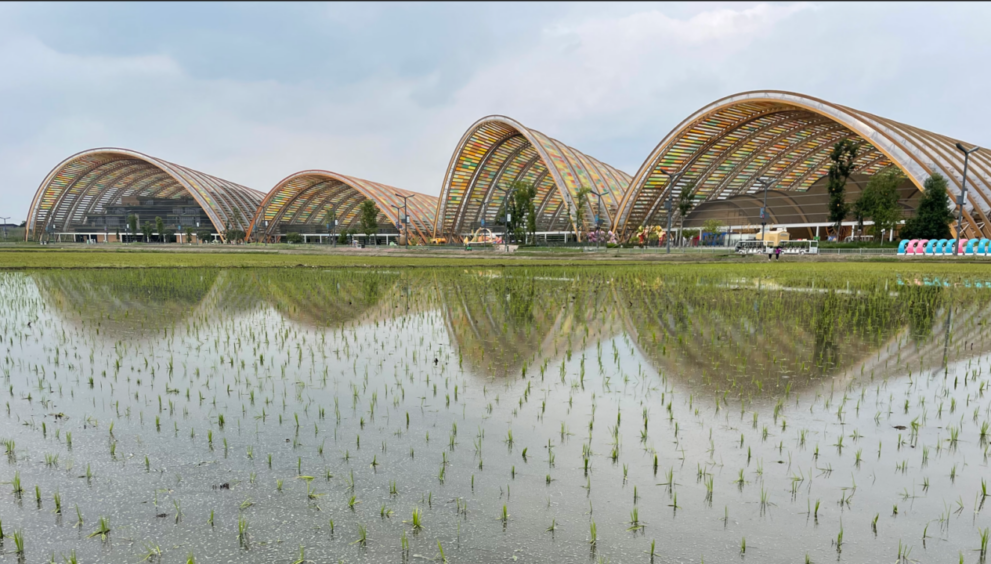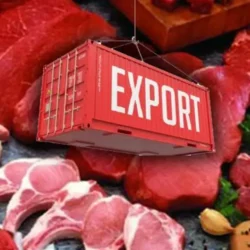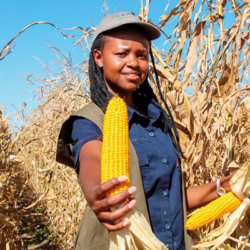Addis Ababa: In the face of a rapidly changing climate, Africa must look inward, not outward, to secure its agricultural future. The urgent need to repatriate the continent’s rich, yet suppressed, indigenous knowledge is paramount, argues Dr Ibrahim Assane Mayaki, African Union Special Envoy for Food Systems.
The global dominance of staple crops like rice, maize, and wheat, increasingly vulnerable to climate shocks, necessitates a radical shift. “We live in a world where memes, buzzwords, and emotions are slowly taking over discourse,” warns Mayaki, invoking George Week’s words as a prelude to a powerful call for action.
Mayaki advocates for a fusion of “Climate-Smart Agriculture” (CSA) and “reparations,” not as fleeting buzzwords, but as essential tools for African development. He defines CSA, following the World Bank and FAO, as an integrated approach to managing landscapes while addressing food security and climate challenges. Reparations, he argues, must extend beyond financial compensation to include the restoration of knowledge lost through colonialism and industrial agriculture.
“Africans have always practiced CSA,” Mayaki asserts. “It is in our DNA.” Pre-colonial African farming systems, tailored to local environments, showcased diverse, climate-resilient crops. However, these systems were disrupted by colonial policies that prioritized export-driven cash crops, leading to soil degradation and reduced resilience.
The continent’s “lost crops”—fonio, teff, millet, sorghum, and cowpea—are vital for a warming world, requiring less water and thriving in poor soils. Yet, modern agricultural investments often favor high-input, genetically modified crops. Mayaki calls for a reversal of this trend, advocating for funding African-led research and policies that support biodiversity and smallholder farmers.
“Agricultural sustainability is as much about power and sovereignty as it is about soil, water, and crops,” he states. For CSA to succeed, knowledge must flow bidirectionally, with policymakers listening to farmers and embracing traditional techniques like intercropping and agroforestry.
He highlights the African Climate-Smart Agriculture Alliance (ACSAA), under AU leadership, as a crucial player in supporting smallholder farmers. Initiatives like the Comprehensive Africa Agriculture Development Programme (CAADP) and the Kampala Declaration must prioritize resilience-building.
Financing remains a critical hurdle. Mayaki calls for innovative mechanisms, including microfinance and incentives for sustainable practices, to empower smallholder farmers. He also stresses the need for regional markets to reduce dependence on volatile global commodities.
“Africa must reclaim its agency,” he declares. “The reparation of knowledge means investing in African-led solutions.” By restoring indigenous wisdom and blending it with modern science, Africa can achieve food sovereignty and climate resilience.
“We have moved historically in harmony with the climate,” Mayaki concludes. “CSA was born on our soil. We need to reclaim and repatriate it.” The path forward lies not in reinventing the wheel, but in rediscovering Africa’s ancient knowledge and adding the best of modern scientific knowledge to that base.




